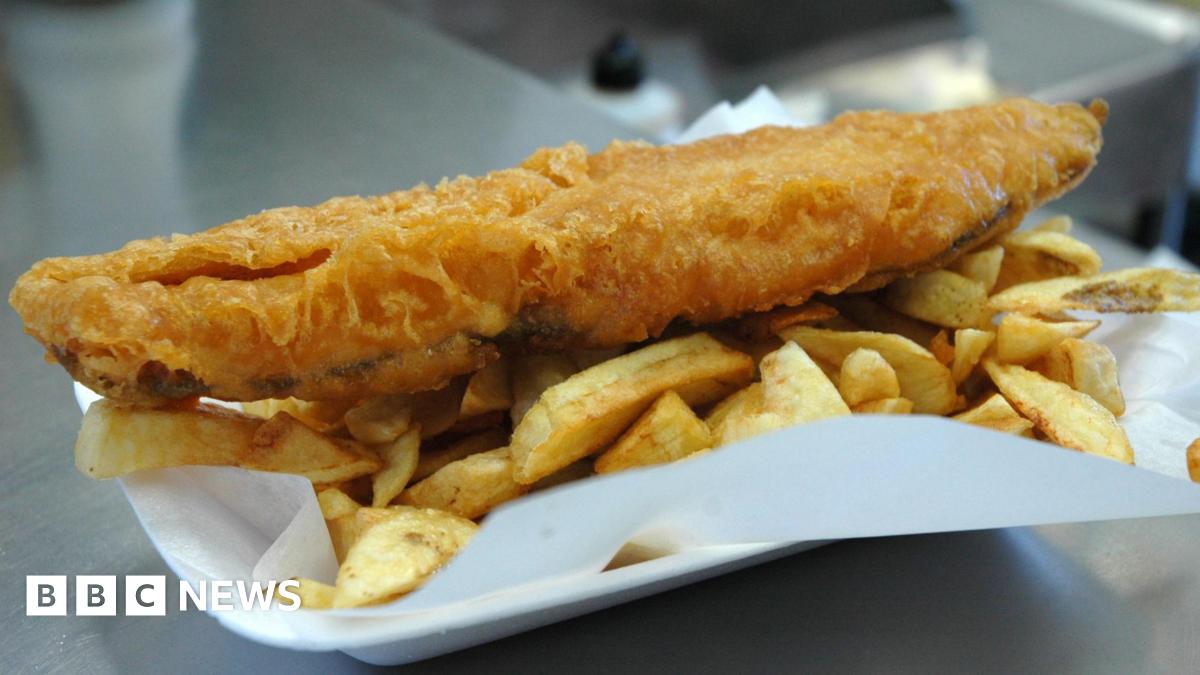Chip Shop Favorite Atlantic Cod: Surprisingly Vital for Healthy Seabeds

A surprising discovery has emerged from the Convex Seascape Survey, revealing a crucial role for a familiar fish – the Atlantic cod – in maintaining the health of UK seabeds. Scientists have long understood the importance of bioturbation, the process of seabed churning that aerates the sediment, replenishes nutrients, and fosters a thriving ecosystem. This study pinpoints specific fish species that act as “ecosystem engineers,” and the results are quite remarkable.
The Convex Seascape Survey, conducted in shallow UK seas, focused on identifying the key players in bioturbation. While diverse marine life contributes to this process, the Atlantic cod, often found gracing the plates of fish and chip enthusiasts, surprisingly topped the list alongside the Atlantic hagfish and European eel. This highlights the unexpected interconnectedness of seemingly disparate elements within the marine environment.
Why is bioturbation so important? It’s more than just stirring up the seabed. Bioturbation helps to cycle nutrients, creating a more fertile environment for other organisms. It also facilitates oxygen penetration, essential for the survival of many seabed creatures. Furthermore, it can influence sediment stability, preventing erosion and creating habitat for invertebrates and other marine life.
The Atlantic Cod's Contribution: The cod's feeding and burrowing activities significantly contribute to this vital process. Their movements through the sediment disrupt layers, mix organic matter, and create pathways for water and oxygen. This demonstrates that even a fish frequently enjoyed as a takeaway meal plays a vital ecological role.
Beyond Cod: Other Key Players: While the Atlantic cod stole the spotlight, the Atlantic hagfish and European eel also proved to be significant ecosystem engineers. Hagfish, known for their unique feeding habits, churn the sediment as they search for food, while eels create burrows that aerate the seabed. The study underscores the diversity of species contributing to a healthy seabed.
Implications for Conservation: This research has important implications for marine conservation efforts. Understanding which species are crucial for bioturbation allows for more targeted protection strategies. Factors like overfishing, habitat degradation, and climate change can all impact these “ecosystem engineers,” potentially disrupting the delicate balance of the seabed ecosystem. Recognizing the importance of the Atlantic cod and other key species is a crucial step in ensuring the long-term health and resilience of our coastal waters.
Looking Ahead: The Convex Seascape Survey continues to provide valuable insights into the complex dynamics of marine ecosystems. Further research will focus on quantifying the impact of different fish species on bioturbation rates and exploring how these processes are affected by environmental changes. This knowledge will be essential for developing effective strategies to protect and restore our valuable seabed habitats.






